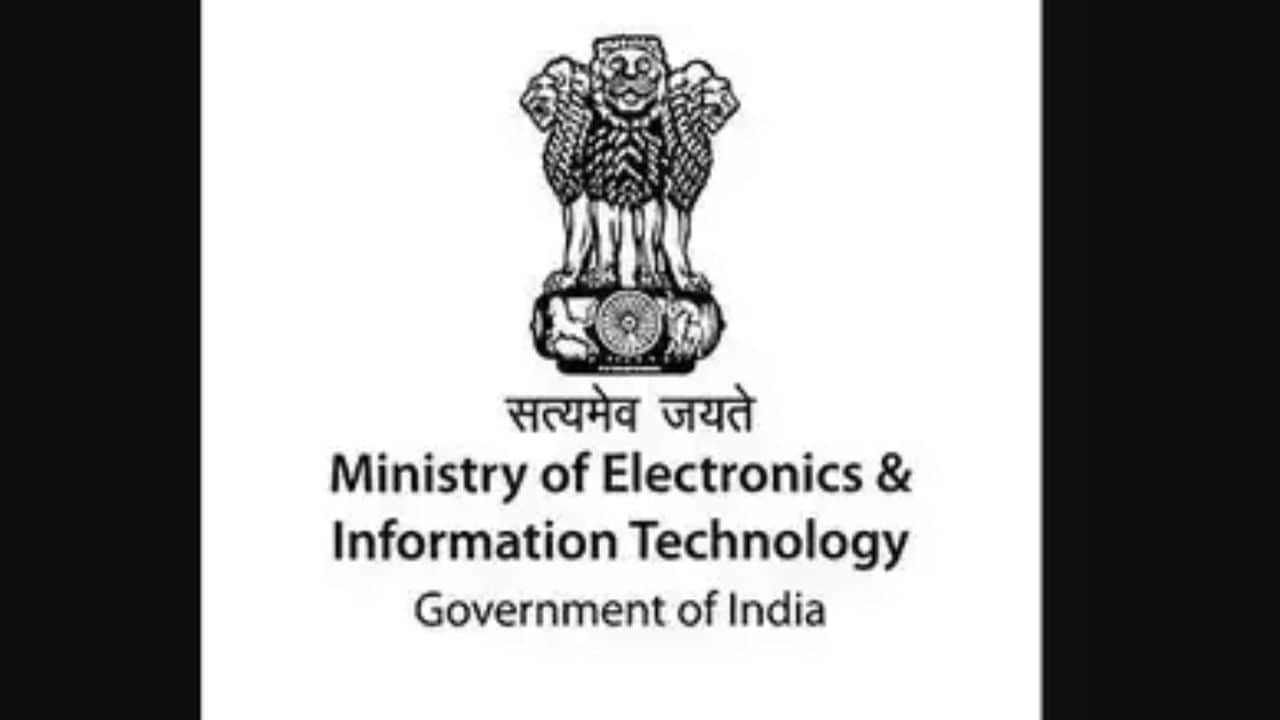In a significant boost for the video gaming industry, the Indian government has decided to separate Real Money Gaming (RMG) from the video gaming sector. The longstanding demand to differentiate between entertainment-focused gaming and pay-to-play gaming has finally been addressed. This move aims to enable the government to develop more targeted and effective policies for both the RMG and video gaming industries.
Sanjay Jaju, Secretary of the Ministry of Information and Broadcasting (MIB), addressed key concerns of game developers during a closed-door roundtable at the 16th edition of the India Game Developer Conference (IGDC). Speaking to Storyboard18, developers present at the session confirmed, “The government has decided to distinctly separate the RMG industry from the video gaming sector. The Secretary clarified that video games designed for entertainment and content will fall under the jurisdiction of the MIB.”
Another developer added, “The RMG industry will be overseen by the Ministry of Electronics and Information Technology (MeitY). The Secretary emphasized that the government understands these are two fundamentally different industries and cannot be regulated in the same manner.”
Manish Agarwal, Board Member of the Game Developers Association of India, remarked, “This bifurcation was inevitable. The video gaming and interactive entertainment industry thrives on creative content. As the MIB Secretary pointed out, entertainment is central to this industry. Therefore, it naturally aligns with MIB, which also governs other entertainment sectors like OTT platforms, movies, and radio.”
Agarwal continued, “In contrast, the RMG industry operates on a cash-in, cash-out model, which leans more toward technology and app-based transactions rather than deep, narrative-driven content. It’s logical for MeitY to oversee this sector, with distinct regulations for each industry.”
Developers also urged the government to support education and training initiatives in game development at premier institutions in India.
Sridhar Muppidi, Chairperson of the Game Developers Association of India, stated, “India has only 25,000 game developers compared to 6 million globally. Despite a large number of gamers, we lack the talent pool to capitalize on this opportunity.”
Muppidi added, “We’ve requested the government to establish a game development school on par with IITs and to introduce game development courses in colleges. This could address the immediate talent gap by incorporating game development into top-tier educational institutions.”
He also cautioned, “The government should avoid imposing restrictive regulations on the nascent gaming industry. Over-regulation at this stage could stifle growth. Once the industry matures, regulatory frameworks can be revisited.”
Earlier, on September 6, Storyboard18 reported that the Department for Promotion of Industry and Internal Trade (DPIIT) had sent a letter to MIB, MeitY, and NITI Aayog seeking clarity on distinguishing between games of skill and games of chance. This distinction is crucial for drafting a policy formalizing 100% Foreign Direct Investment (FDI) in online gaming.
The proposed policy would permit full FDI in online real-money gaming, provided the investments exclude betting or gambling activities. NITI Aayog, India’s premier policy think tank, is working to establish these definitions to ensure a robust long-term framework for the gaming ecosystem.
Read more: Small part of Prasar Bharati OTT will be subscription-based; rest all free, says MIB’s Sanjay Jaju
